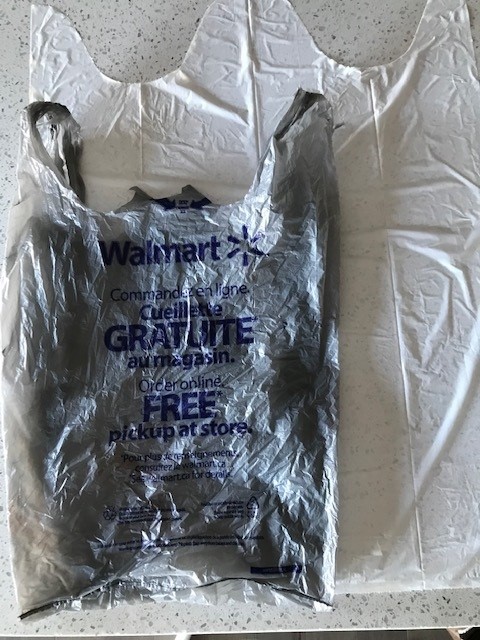440 companies with revenues of half a billion a year, that’s the size of the collection agency business. Unfortunately, millions of Canadians are going to meet one of them sooner or later. It’s one of the most stressful things you can go through. But it doesn’t need to be.
Collection agencies are all licensed so they do have rules to follow. They’re also all on commission, as is every collector you may talk to. That makes them highly motivated to get the money. Most follow the law – lots do not. Remember that they are collecting money that has no collateral. It’s not like they can just foreclose your home or repossess your vehicle. They’re collecting smaller amounts, largely credit card debt that’s over six months old.
Since they can’t use the “repossession” threat, they have to intimidate and borderline harass you to the point where you will do anything to make them stop. That’s the game they play – to the edge of the law…if not further.
Collection agencies will first send you a letter giving you a heads up about the debt and start calling you five days later and really never stop. You do have the rights, however. But you have to send them a letter in writing or they will likely claim they never got it.
It’s your right to have them stop calling you at work.Its’ your right to have the debt fully broken down in writing – the original amount, interest, fees, penalties, etc.They cannot sue you after two years of last activity. So if it’s been two years since your last payment, they cannot take you to court. They can, however, keep calling and attempting to collect.Do not ever send them a note or email acknowledging the debt or paying even one dollar. That simple step will re-set the two year clock and they can now take you to small claims.
If you do not have the money, there is no debtor prison in Canada. Take a deep breath, tell them once you don’t have the money or assets and stop calling. Then hang up the phone and stop answering their calls.
If they take you to small claims court, you must show up on the date of the summons. Just showing up gives you a 50-50 chance the debt will be wiped out. You need to ask for the full breakdown and the documents you signed to prove you legally owe the money. It’s likely the collection agency does not have any of that. If they can’t produce it – the claim is dismissed. If you do not show up, there will be an automatic judgment against you for the full amount. That half a day at small claims matters a lot!
If you have the money and want to settle the matter, negotiate the amount. It’s likely half of it is interest and fees. Offer them 30 cents on the dollar and haggle from there. When you agree on an amount, you must get it in writing from them. If not, they’ll take your money and start collections on the rest all over again and you have no proof that you settled for less. If you’ve settled and have it in writing send them a bank draft or money order. NEVER send a personal cheque. Many have been known to take your banking account information and jam through a second charge for the rest of the balance.
Lastly, keep the settlement letter and your money order receipt for the rest of your life! They may re-sell the collection to another company who will now start calls again. You must have the proof that you paid. You will also need to send it to the credit bureau to have the collection now shown as paid and removed after six years.

